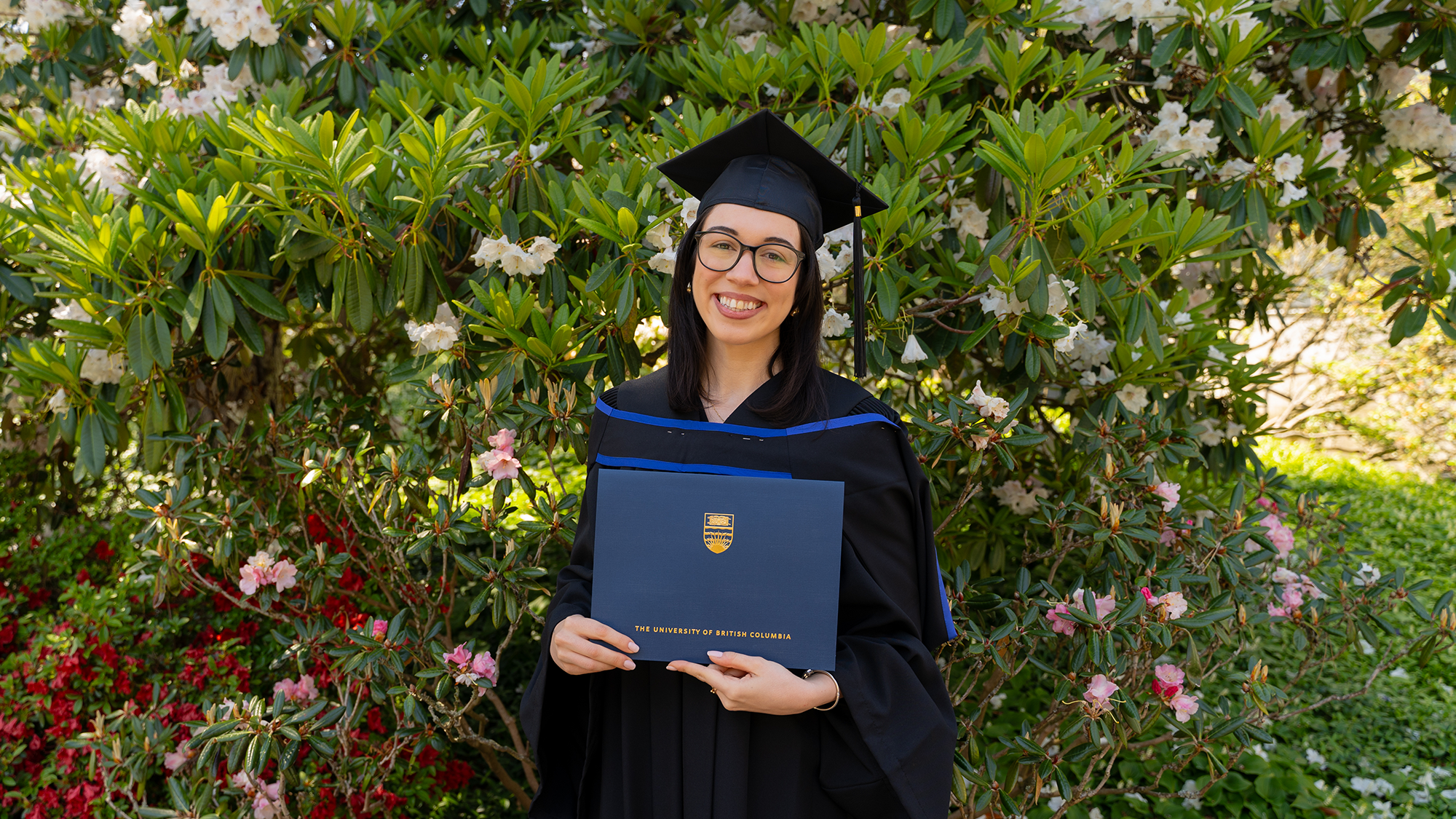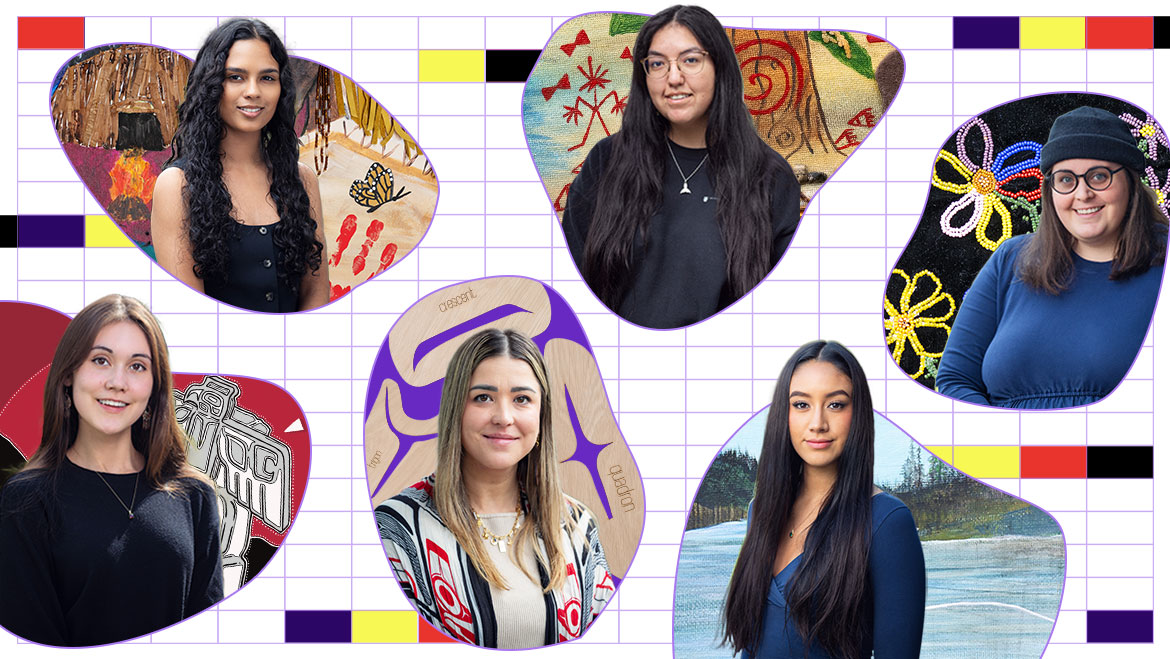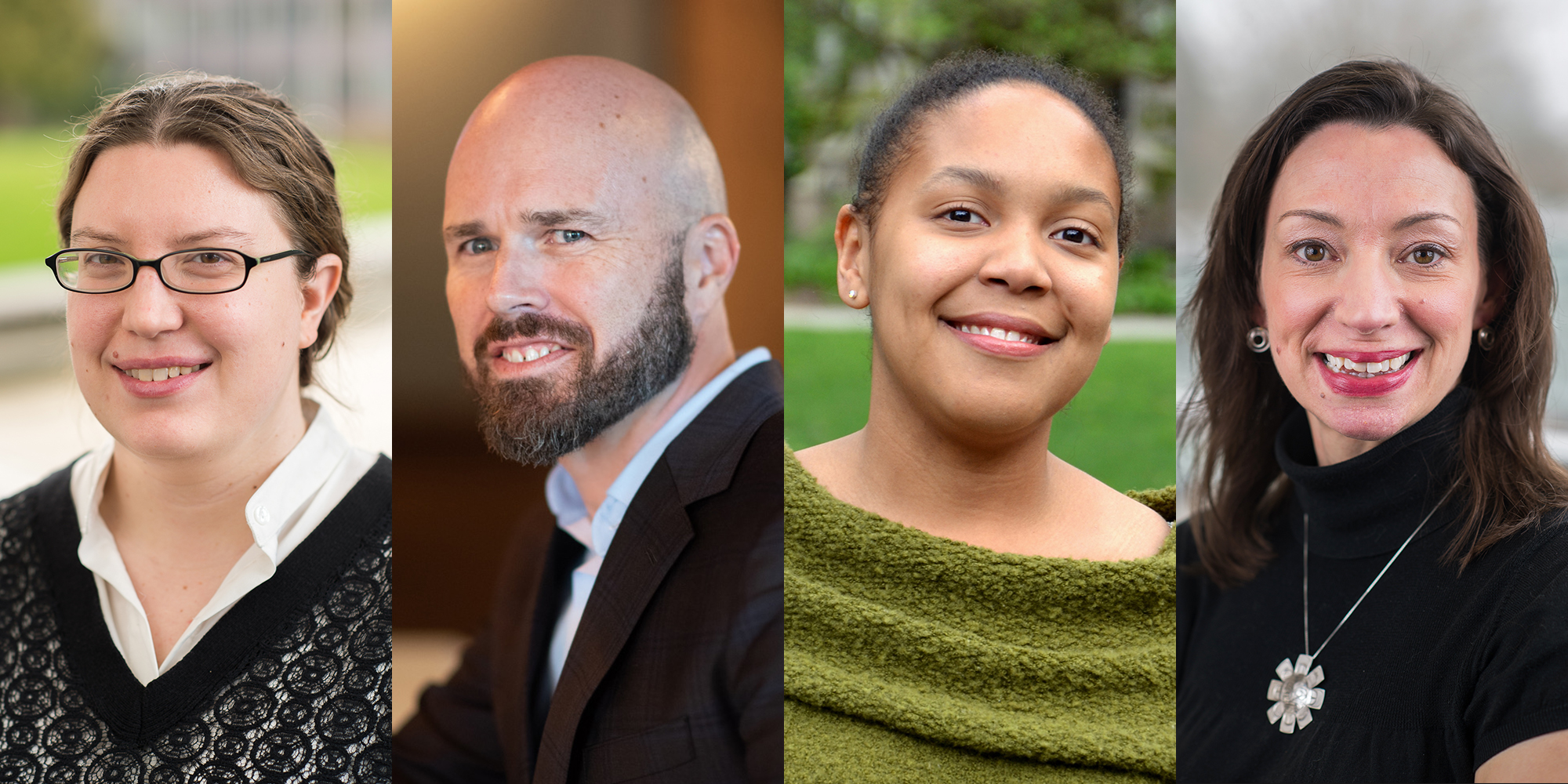

Can Putin be put on trial? What can literature teach us about Ukraine? What does this conflict mean for multicultural states? Could Russia’s anti-war protests take down Putin? We spoke to experts from the Department of Central, Eastern and Northern European Studies and the Department of Political Science to gain insights on Russia’s invasion of Ukraine.
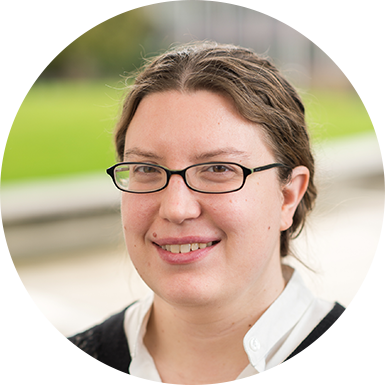

Dr. Katherine Bowers, Associate Professor of Slavic Studies, Department of Central, Eastern, and Northern European Studies; Director, Centre for European Studies
What books can I read to learn more about Ukraine?
When Russia invaded Ukraine, I began getting messages requesting book recommendations. “Can you recommend any novels that will help me understand Ukraine better?” one friend asked. Another wrote, “I realized I can’t name a single Ukrainian author and I’m embarrassed! What should I read?” As a literature scholar, I applaud the impulse to read Ukrainian writing to learn about Ukraine because literature carries so much nuanced and complex cultural and social insight, infused into every line, every detail. I recommended that they start with two novels: Serhiy Zhadan’s The Orphanage (2017) and Andrey Kurkov’s Grey Bees (2018). Both are about the war in eastern Ukraine.
“But I thought the war just started!” one friend exclaimed. “How are there already books written about it?” The fact is that the war didn’t just begin; three weeks ago, the Russian invasion opened a new, more aggressive, violent, and widespread stage of the war Ukraine has been fighting since 2014. And since 2014 not just novels, but poetry, plays, and films have been created and published or produced. Translations of them too. All of them document, process, and reflect on what it feels like to be Ukrainian when Ukraine is fighting a war on its own territory. The Orphanage recounts a desperate journey through the war zone to rescue a child. Along the way Zhadan’s hero negotiates his path forward through ethically and morally challenging situations and reflects on what, for him, truly matters in the face of immense suffering and devastation. Grey Bees describes its hero’s experience of war in the “grey zone,” a no man’s land between Ukraine and the Donbas separatist regions, and his displacement to Crimea. Kurkov has written a tribute to the hundreds of thousands internally displaced by war before the start of the current exodus and a “personal farewell,” to quote the author, to the Crimean Peninsula, which was illegally annexed by Russia in 2014.
Ukrainian artistic work about the war is heartbreaking, intense, and has not gotten the widespread attention it deserves. This recent chapter in Ukrainian cultural history is just one aspect of a rich tradition dating back centuries. Literature has been a space where Ukrainian writers could engage with and explore their distinctly Ukrainian identity, even as Ukrainian territory has been annexed by the Russian Empire, subsumed into the Soviet Union, and gained its sovereign independence. To come to know Ukraine better, read its writers, watch its films, and learn about its history. Zhadan and Kurkov are a starting point for understanding Ukraine and its peoples, but they are just the start.
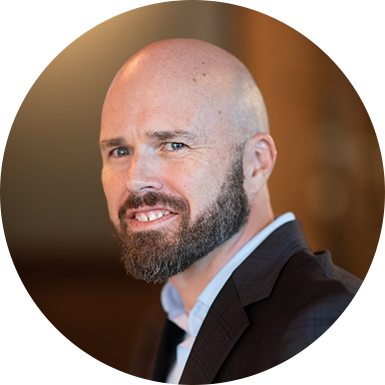

Dr. David Gramling, Professor and Head of the Department of Central, Eastern, and Northern European Studies
What impact will this war have on multicultural states?
This is a moment where we all can ask ourselves how much we actually believe in multiethnic, multilingual, multicultural states. That is, do we believe that countries can be political nations that choose and labour toward a certain kind of society together, over another kind? Or, somewhere deep down, do we believe that nations really need to be about one culture, one language, or one ethnic heritage? Big, classic immigration countries like Canada and the United States are easily assumed to be multicultural political nations, and countries like Belgium and Switzerland benefit from international symbolic recognition as banking hubs and finance giants.
But what about Ukraine? Vladimir Putin certainly hopes that all of us in Canada are thinking that Ukraine must be, in the end, weakened by its multicultural, multilingual social landscape. Chauvinistic aggressors of all backgrounds will rely on this latent presumption: that we need a “shared culture” or a “shared language” in order to communicate with each other well enough to maintain a society of meaningful social values. Putin certainly hopes we assume, even on some unconscious level, that being a multilingual Russian-speaking person in Ukraine means you are actually a Russian citizen-in-waiting, or in disguise.
One of the things that is under attack in this war is the proposition that nations on this planet can shape themselves around something other than ethnicity, race, language, religion, or culture—something like social values, health care, democratic process, celebrating diversity, welcoming immigrants, and the like. Germany, until 1999, tolerated immigrants but did not welcome them; guestworkers from 1955–1973 were an economic measure, not a political-civic one. Turkey, since the 1920s, opted for a shared language (rather than a shared ethnicity) to rouse the new nation and bring it together. What Ukraine is showing us, if we allow it, is that all twenty-first-century societies can shape themselves around ideas and principles. This is a nightmare for Putin, who deeply wants Ukraine either to join the ranks of nationalist ethnostates or be subsumed into a new Russian empire, whatever the consequences may be. In this sense, this is a war not just against a country and its multicultural millions, but against the very idea that every country on the planet can bind itself around a set of political commitments, rather than an imagined ethnic past, professed religion, or linguistic unison.


Dr. Genevieve Bates, Assistant Professor of International Relations, Department of Political Science
Can Putin be put on trial?
On March 2, 2022, a coalition of 38 countries—including Canada—made a referral of the so-called “situation in Ukraine” to the International Criminal Court (ICC). The ICC Chief Prosecutor, Karim Khan, had made clear in the days prior that such a referral would expedite his office’s process, allowing for the opening of a full-fledged investigation into atrocities committed in Ukraine as quickly as possible. There has been a lot of buzz about what that could mean for Russian forces especially, so it’s important to understand what the Court can do, and what it can’t.
Ukraine isn’t an ICC member state and neither is Russia, but the Court has been involved in Ukraine since 2014, when the Ukrainian government essentially invited the ICC in by lodging a declaration accepting the Court’s jurisdiction. In the time since the Russian invasion of Ukraine began, and especially in the aftermath of the March 2nd referral, the prosecutor has made it clear that his office is essentially open for business in terms of receiving evidence of atrocities committed by Russian, Ukrainian, and separatist forces.
But everyone wants to know: can Vladimir Putin can go on trial at the ICC? My opinion at the beginning of the invasion was “no” because his biggest crime was aggression—something the ICC can cover only if both the aggressor (Russia) and the state facing aggression (Ukraine) are member states. But as more reports come out about Russian forces shelling civilian populations and targeting things like hospitals and schools—both which constitute war crimes under international law—it’s at least legally possible. But practically, without a police force, the ICC would likely be reliant on splits within the Kremlin and any related regime change to secure Putin’s arrest. And that’s assuming the prosecutor’s office could gather enough evidence to charge him.


Dr. Lisa McIntosh Sundstrom, Professor, Department of Political Science
Could Russia’s anti-war protests take down Putin?
Protests have occurred in dozens of Russian cities every day since the invasion of Ukraine. The numbers are not large for a country the size of Russia. But this is not like attending a protest in Canada; there is significant risk involved. According to a longstanding Russian NGO, by March 13, roughly 15,000 protestors had been detained across the country since the invasion began. There are widespread accounts of protestors being beaten during arrest and in detention. Through a Russian law that was passed on March 4, speaking counter to the government narrative and even using the word “war” to describe the so-called “special operation” is criminalized and subject to up to 15 years in prison.
It is difficult to know how much these protests reflect public opinion. Official polling puts support for the military operation at roughly two-thirds of the population, which is highly suspect because people may hide their true preferences in such surveys. There is limited independent internet polling in Moscow, showing that respondents viewing Russia as the aggressor increased from 29% on February 25 to 53% on March 3. Because of the rapid shutdown of open access to independent media sources in Russia and widespread consumption of state media, opinions are strongly shaped by the government’s official narrative about the “special operation.”
If protests multiply in Russia over time as a result of growing anger about violence against Ukrainian friends and relatives, loss of life among Russian soldiers, or economic pain inflicted on them through sanctions, could large protests change anything? Could this be the end of Putin’s rule in Russia? Could it at least lead to a decision to reverse the invasion of Ukraine?
We know from the political science literature on democratization that what is usually needed to bring down an autocratic regime is a split in the elites who rule the country; and that this is difficult to achieve in personalist regimes like Putin’s. If protests plus the very harsh international sanctions lead to defections of significant political, military, and economic actors, that could spur political change. We are starting to see cracks. For example, a growing numbers of cultural and business leaders are speaking out against the war, and there is discontent in the security services and the military.
However, over the past 10 years, anyone more liberal-leaning has been excommunicated from Putin’s government and set of informal advisers. By all accounts, this has been exacerbated by the pandemic and the circle is much smaller and hardline authoritarian. If there is no split in influential elites, the regime can suppress significant opposition. The media and social media environment is closing quickly, and many people from the educated middle class who have lost their jobs are fleeing the country, creating a significant brain drain and erasing voices of resistance in the country. Unfortunately, the pathway of hardened repression over time would be disastrous for Russians, Ukrainians, and the prospect of peace.
Read more Arts Insights:
